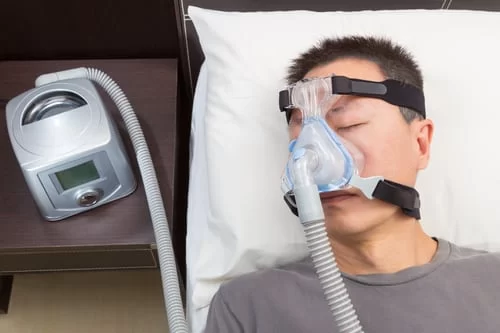
- Understanding Sleep Apnea
- Dental Solutions for Sleep Apnea
- Effectiveness of Dental Sleep Apnea Treatments
- Other Treatment Options for Sleep Apnea
Understanding Sleep Apnea
Sleep apnea is a common yet serious sleep disorder where a person’s breathing repeatedly stops and starts during sleep. The most common form of sleep apnea is obstructive sleep apnea (OSA), which occurs when the muscles at the back of the throat relax excessively and block the airway. This disruption in breathing can lead to fragmented sleep, making it difficult for sufferers to achieve restorative rest. People with sleep apnea often experience excessive daytime sleepiness, loud snoring, and frequent waking at night.
While sleep apnea is primarily diagnosed and treated by sleep specialists, dentistry has a crucial role to play in managing this disorder. Dentists can offer specialized treatments designed to help alleviate the symptoms of sleep apnea, particularly for those with mild to moderate cases.
Dental Solutions for Sleep Apnea
When it comes to treating sleep apnea, dentistry offers a variety of effective options that can help patients achieve better sleep and overall health. One of the most common and non-invasive treatments is the use of oral appliances. These custom-made devices are worn during sleep to reposition the lower jaw and tongue, helping to keep the airway open.
1. Mandibular Advancement Devices (MADs)
Mandibular advancement devices (MADs) are one of the most widely used dental solutions for sleep apnea. These devices work by gently pushing the lower jaw forward, which helps prevent the airway from collapsing during sleep. They are typically used for individuals with mild to moderate obstructive sleep apnea and can be an excellent alternative to CPAP therapy, which many people find uncomfortable.
2. Tongue Retaining Devices (TRDs)
Tongue retaining devices are another dental solution that can help people with sleep apnea. These devices hold the tongue in a forward position, preventing it from falling back and blocking the airway. TRDs are often used for individuals who cannot tolerate mandibular advancement devices or for those whose primary issue is tongue-related obstruction.
Effectiveness of Dental Sleep Apnea Treatments
Dental treatments for sleep apnea, particularly oral appliances, have been proven to be effective for many patients. Studies show that MADs and TRDs can significantly reduce the frequency of apneas and hypopneas (partial blockages of the airway), improving the quality of sleep and reducing daytime fatigue. However, these treatments are most effective for those with mild to moderate obstructive sleep apnea.
It is important to note that dental sleep apnea treatments may not be suitable for everyone, especially those with severe cases of sleep apnea. In these cases, a more comprehensive treatment plan, which may include CPAP therapy or surgery, might be necessary. However, many patients find that dental solutions offer a less invasive and more comfortable alternative to traditional treatments.
Other Treatment Options for Sleep Apnea
While dental treatments offer effective solutions for many sleep apnea sufferers, there are other treatment options available that may be more appropriate depending on the severity of the condition.
1. Continuous Positive Airway Pressure (CPAP)
For more severe cases of sleep apnea, CPAP therapy is the most common and effective treatment. This device uses a machine to deliver a continuous flow of air through a mask, helping to keep the airway open throughout the night. While CPAP is highly effective, many people find it uncomfortable, which is why dental devices are often considered an alternative for those who cannot tolerate the therapy.
2. Surgery
In some cases, surgery may be necessary to treat sleep apnea. Surgical options can include removing excess tissue from the throat, repositioning the jaw, or other procedures aimed at correcting physical blockages in the airway. Surgery is typically reserved for patients who do not respond to other forms of treatment.
Conclusion: Sleep Apnea Treatment in Dentistry
Sleep apnea treatment in dentistry plays a vital role in helping people manage this disorder and improve their sleep quality. For those with mild to moderate sleep apnea, dental solutions like mandibular advancement devices and tongue retaining devices can provide effective relief. These treatments are a comfortable, non-invasive alternative to CPAP therapy and are often used in combination with other methods for optimal results.
If you think you might have sleep apnea or are interested in learning more about dental sleep apnea treatments, visit Dentistry Toothtruth for more information and professional advice from experts.

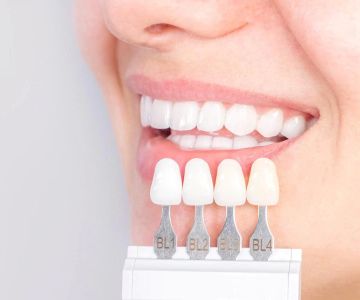

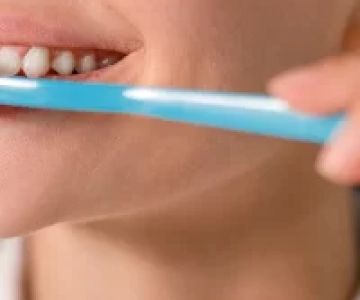
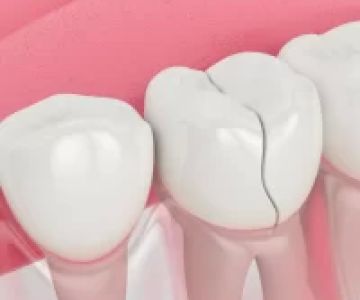
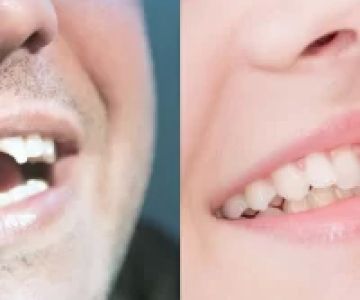
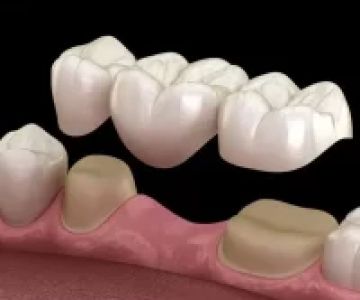
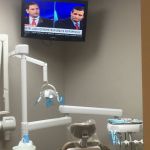 All Seacoast Dental and Associates3.0 (38 review)
All Seacoast Dental and Associates3.0 (38 review)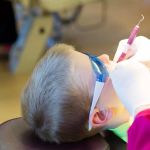 Smile Academy Pediatric Dentistry4.0 (48 review)
Smile Academy Pediatric Dentistry4.0 (48 review) Kansas City Dental Implants & Oral Surgery4.0 (229 review)
Kansas City Dental Implants & Oral Surgery4.0 (229 review) South Pasadena Dental Group - General Dentist & Cosmetic Dentistry South Pasdena4.0 (76 review)
South Pasadena Dental Group - General Dentist & Cosmetic Dentistry South Pasdena4.0 (76 review)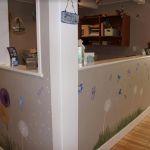 Children's Dental Specialists & Adult Dentistry - Chester5.0 (37 review)
Children's Dental Specialists & Adult Dentistry - Chester5.0 (37 review) First Class Dental PA5.0 (248 review)
First Class Dental PA5.0 (248 review) The Importance of Oral Health Education During Pregnancy for a Healthy Pregnancy
The Importance of Oral Health Education During Pregnancy for a Healthy Pregnancy Best Tips for Brushing Your Teeth Properly for Healthy Gums: Essential Techniques for Oral Health
Best Tips for Brushing Your Teeth Properly for Healthy Gums: Essential Techniques for Oral Health Why Skipping Dental Checkups Can Lead to Bigger Oral Health Problems
Why Skipping Dental Checkups Can Lead to Bigger Oral Health Problems Advantages of Porcelain Dental Restorations
Advantages of Porcelain Dental Restorations How Can Diabetes Cause Tooth and Gum Problems? Preventing and Managing Oral Health Issues
How Can Diabetes Cause Tooth and Gum Problems? Preventing and Managing Oral Health Issues Healthy Habits for Promoting Good Oral Health and Hygiene: Tips for a Healthy Smile
Healthy Habits for Promoting Good Oral Health and Hygiene: Tips for a Healthy Smile